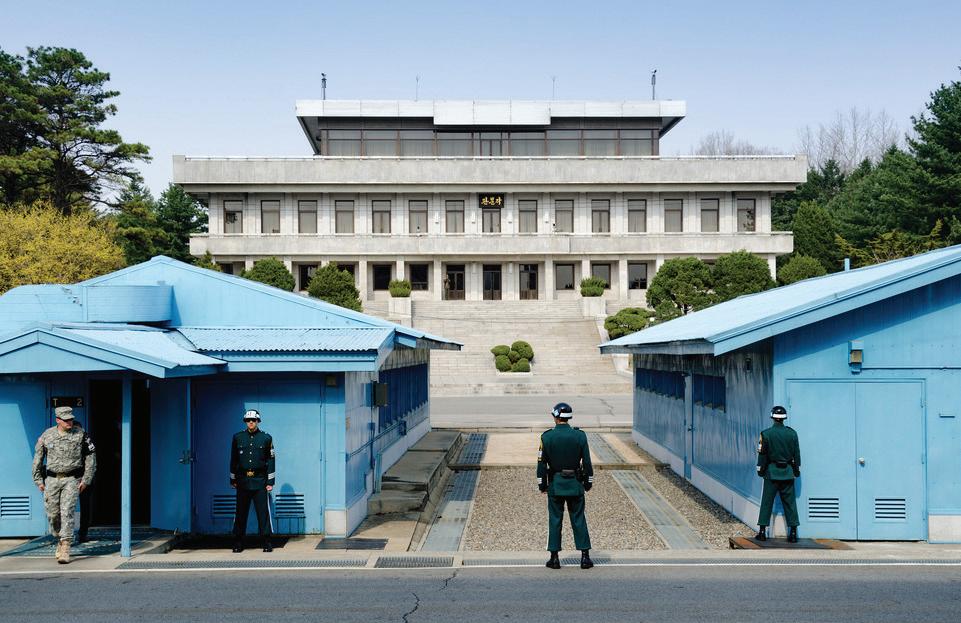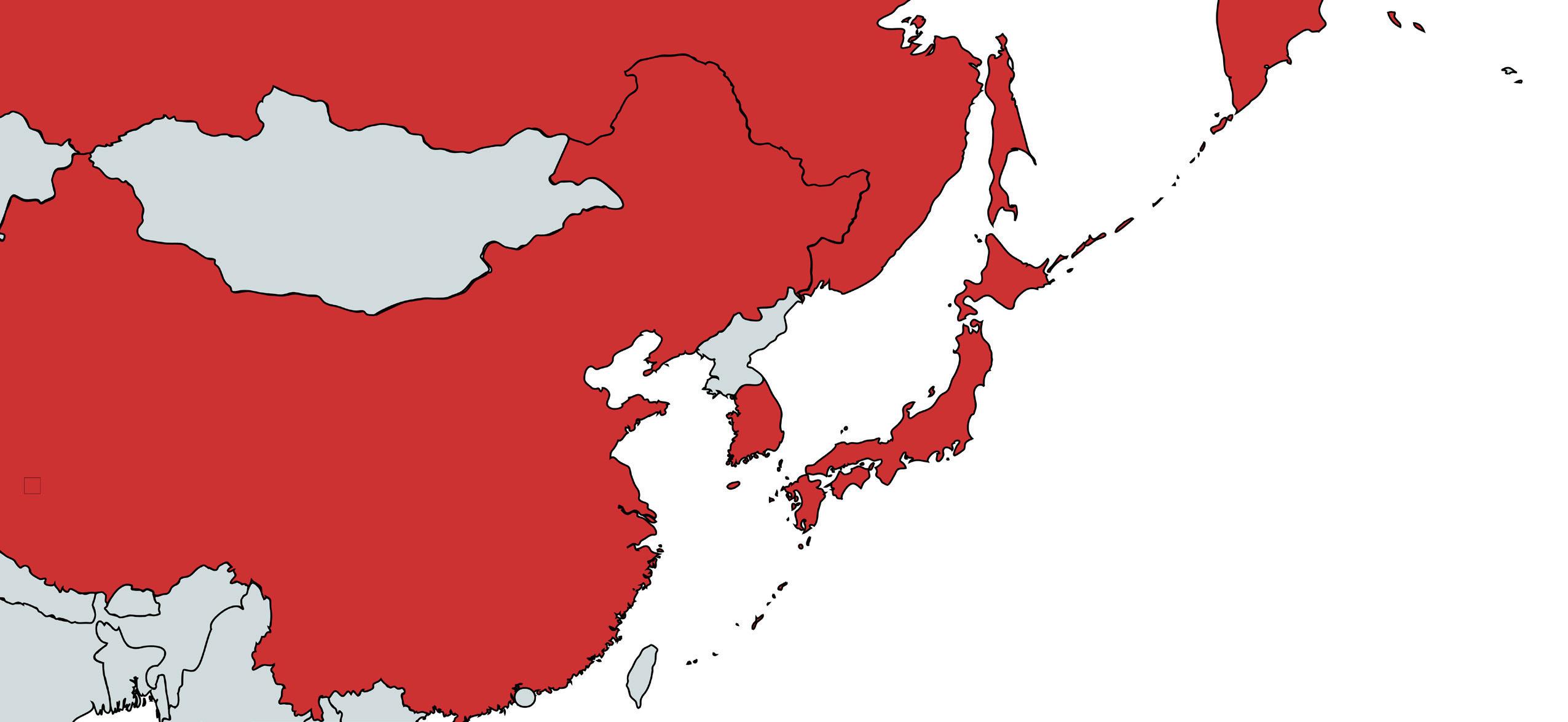THE CURRENT SITUATION: MAIN IMPEDIMENTS TO PROGRESS If the United States, North Korea, and a majority of regional actors support nuclear negotiations, then why does the process appear to have stalled? The answer is that the United States and North Korea are at odds regarding the sequencing of negotiations and the extent to which steps taken by one side deserve a corresponding concession from the other.
Sequencing The overarching disagreement between the United States and North Korea is over the sequencing of the denuclearization process. The U.S. position is that North Korea must first take concrete steps toward denuclearization, such as providing an inventory of its nuclear program, allowing inspections of production sites, and/or dismantling these facilities. Only then, the United States argues, will the international community be able to trust that North Korea is committed to denuclearization. Providing sanctions relief, economic aid, security assurances, and signing a peace declaration before North Korea has taken any such steps would reward North Korea for mainly symbolic actions.27 North Korea, on the other hand, insists that it will not proceed with denuclearization unless each North Korean action is met with a corresponding U.S. action. Minister of Foreign Affairs Ri YongHo alluded to this during his speech at the General Assembly of the United Nations when he said successful denuclearization will occur “under the principle of simultaneous actions, step by step... giving priority to trust-building.”28 This position is consistent with North Korea’s position in past negotiations: the country has always pushed for an action-for-action, reciprocal approach to negotiations, rather than acquiescing to demands that it make concessions up front and settle for delayed gratification. Furthermore, North Korea argues that some steps that the United States is holding out as “rewards” for denuclearization, particularly a peace declaration and sanctions relief, are in fact necessary preconditions for successful negotiations.29 According to North Korea, given the United States’ longstanding “hostile policy,” the United States is responsible for making North Korea feel secure enough to denuclearize.30 27 U.S. government officials interviewed have defined “symbolic steps” as those that do not reduce the nuclear threat, but ostensibly demonstrate good will from North Korea. 28 UN General Assembly. (2018, September 29). Statement by H.E. RI Yong Ho, Minister for Foreign Affairs of the Democratic People’s Republic of Korea at the General Debate of the 73rd Session of the General Assembly of the United Nations. Retrieved from https://gadebate.un.org/sites/default/files/gastatements/73/kp_en.pdf 29 KCNA Watch. (2018, October 2). War End Is Not Just Gift: KCNA Commentary. KCNA. Retrieved from https://kcnawatch.co/newstream/1538428813-707473732/war-end-is-not-just-gift-kcna-commentary 30 UN Web TV. (2018 September 29). DPRK - Minister for Foreign Affairs Addresses General Debate, 73rd Session [video file]. Retrieved from http://webtv.un.org/search/democratic-people’s-republic-of-korea-minister-for-foreign-affairs-ad18
FORGING A PATH FORWARD WITH NORTH KOREA






